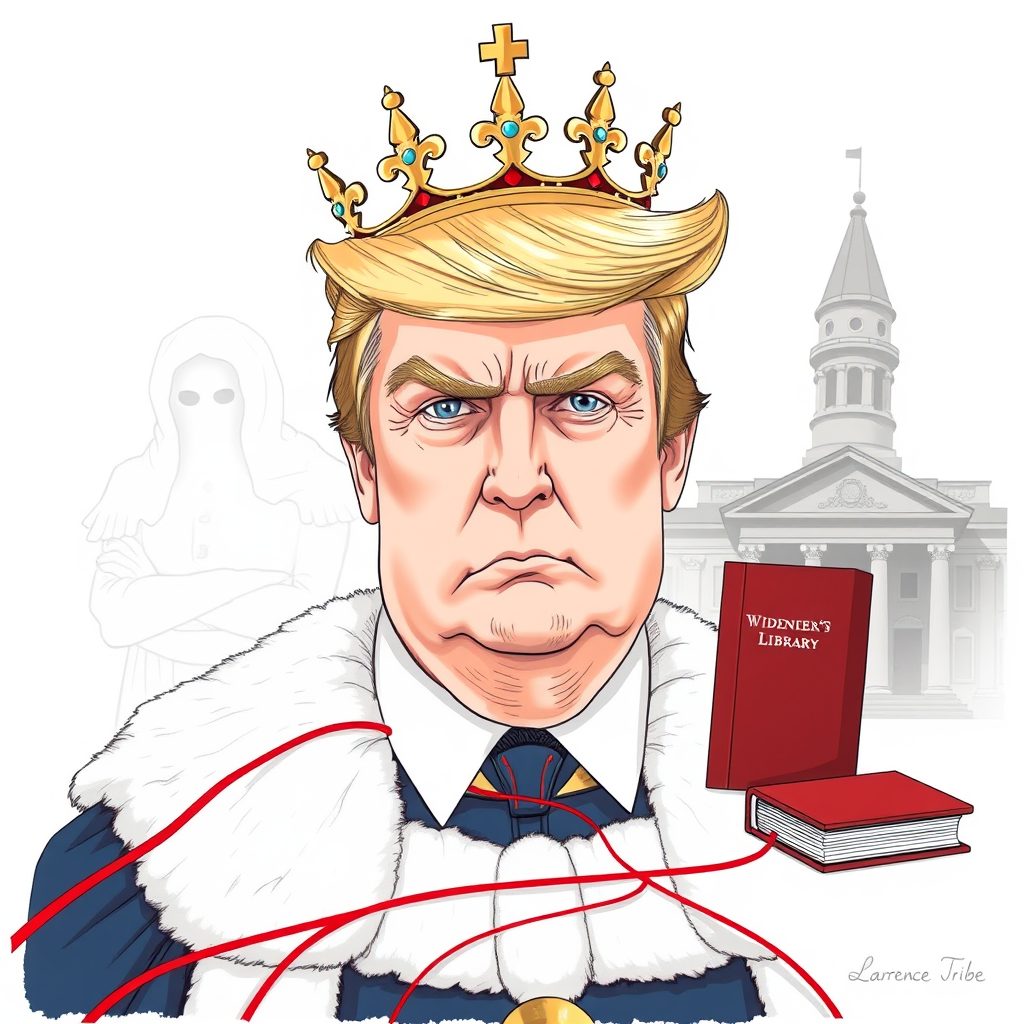Trump Compared to History’s Worst Despots

Constitutional law expert Laurence Tribe drew stark historical parallels between former President Donald Trump’s actions and those of autocratic rulers, in a CNN interview Wednesday. The comments followed escalating tensions between Trump and Harvard University, stemming from disagreements over diversity initiatives, allegations of antisemitism, and the university’s defiance of the former president’s directives. Trump has threatened to withhold federal grant money and attempted to bar Harvard from hosting international students – a move a federal judge swiftly blocked, deeming it unconstitutional.
During an interview with CNN’s Kate Bolduan, Tribe was asked to assess the legality and scope of Trump’s retaliatory measures. He responded by comparing the former president’s behavior to that of historical despots, specifically citing King Henry VIII and King Edward II. He argued that even King George III, against whom the American Revolution was fought, operated within the constraints of parliamentary approval – a limitation Trump appears to disregard.
“This president thinks he doesn’t even need Congress!” Tribe stated. “Congress decides who gets money, who gets visas, but he thinks he’s got the unilateral power that not even King George III had to pick those against whom he will exact retribution. It’s Congress that has the power of the purse.”
Tribe then offered a pointed suggestion: a constitutional refresher course for the Trump administration. He highlighted that Harvard is currently offering a free online course on the U.S. Constitution, recommending that Donald Trump, senior advisor Stephen Miller, and other key figures within the former administration enroll.
The escalating conflict between Trump and Harvard underscores a broader pattern of challenging established norms and potentially overstepping legal boundaries. While disagreements between administrations and universities are not uncommon, the severity of Trump’s threats and attempts to leverage federal funding for political ends raise serious concerns about the rule of law and the separation of powers. The situation highlights the importance of civic education and a thorough understanding of constitutional principles, not just for those in power, but for all citizens.